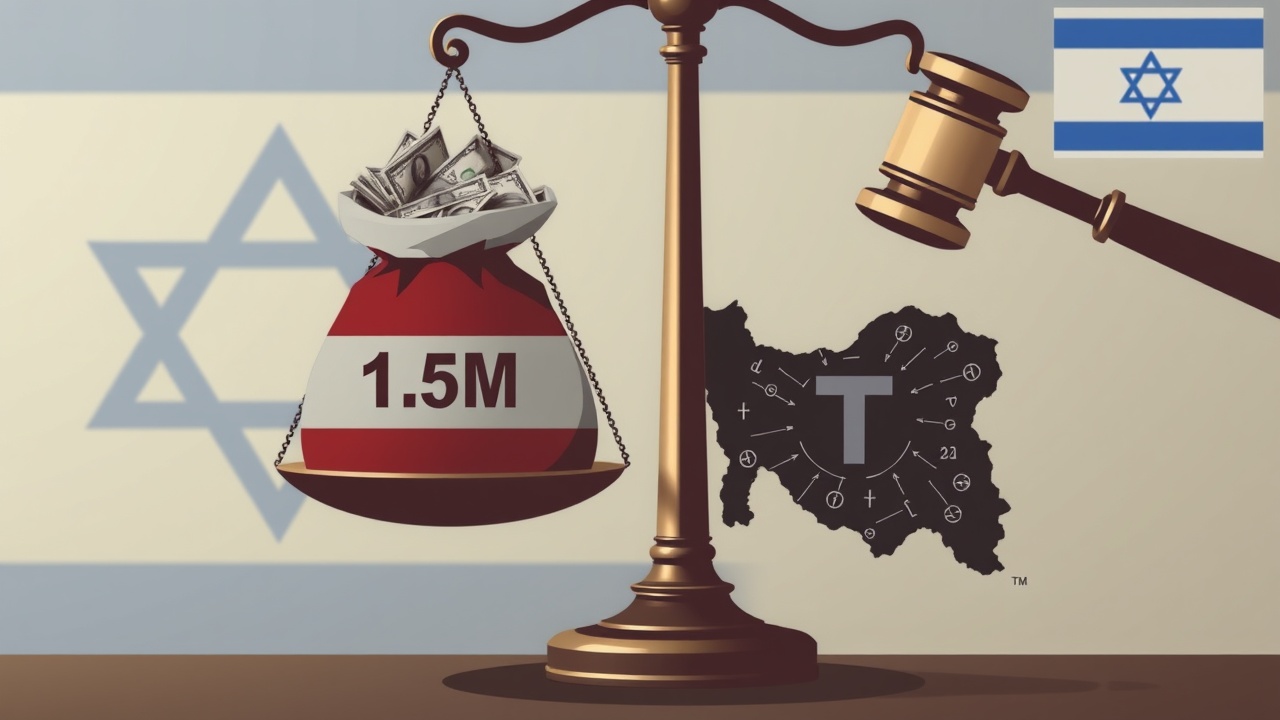Israeli Authorities Target Cryptocurrency Addresses Linked to Iran
On Monday, Israeli authorities disclosed a list of 187 cryptocurrency addresses they claim were used by Iran’s Islamic Revolutionary Guard Corps (IRGC) to amass approximately $1.5 billion in USDT, a stablecoin issued by Tether. The National Bureau for Counter Terror Financing (NBCTF) urged the seizure of these assets in their announcement.
While blockchain analysis firm Elliptic confirmed the substantial inflow of Tether’s USDT to these addresses, they cautioned that it could not definitively establish a direct connection between all the addresses and the Iranian military organization. Some could be affiliated with cryptocurrency exchanges, serving a broader customer base rather than solely the IRGC.
Potential for Asset Seizure
The assets, categorized as USDT, may be eligible for seizure due to their association with illicit activities. Tether’s USDT ranks as the fourth-largest cryptocurrency by market capitalization and leads in liquidity, boasting a trading volume exceeding $101 billion within a 24-hour period. Tether has previously collaborated with law enforcement to block USDT tied to criminal enterprises.
Related Incidents and Broader Implications
In a related context, pro-Israel hacker group Gonjeshke Darande siphoned off $90 million from the Iranian crypto exchange Nobitex in June, suggesting a connection to the IRGC. Yet, compliance firm Crystal Intelligence warned that this breach likely affected numerous Nobitex users.
Iran has increasingly relied on digital currencies as a means to bypass international sanctions. Recently, the U.S. Attorney’s Office in Massachusetts initiated a civil forfeiture action to reclaim about $584,741 in USDT from an Iranian national accused of supplying technology to Iranian military operations.
Geopolitical Context
In the broader geopolitical landscape, Israel and Iran have a long-standing history of hostility, having engaged in a 12-day conflict in June that caused turmoil across various markets, including cryptocurrency. Notably, the IRGC is thought to play a significant role in Iran’s Bitcoin mining operations, which further intertwines the nations’ conflicts in the realm of digital finance.




